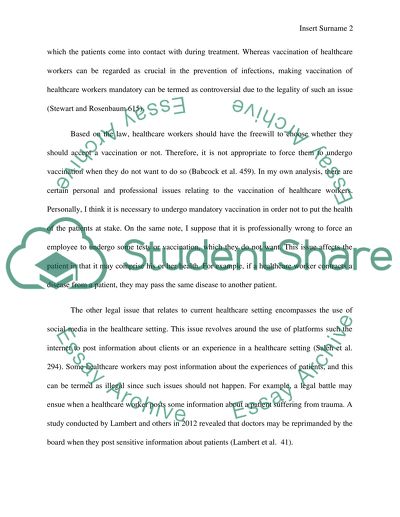Cite this document
(“Good Samaritan Laws Personal Statement Example | Topics and Well Written Essays - 1500 words”, n.d.)
Good Samaritan Laws Personal Statement Example | Topics and Well Written Essays - 1500 words. Retrieved from https://studentshare.org/nursing/1480734-good-samaritan-laws
Good Samaritan Laws Personal Statement Example | Topics and Well Written Essays - 1500 words. Retrieved from https://studentshare.org/nursing/1480734-good-samaritan-laws
(Good Samaritan Laws Personal Statement Example | Topics and Well Written Essays - 1500 Words)
Good Samaritan Laws Personal Statement Example | Topics and Well Written Essays - 1500 Words. https://studentshare.org/nursing/1480734-good-samaritan-laws.
Good Samaritan Laws Personal Statement Example | Topics and Well Written Essays - 1500 Words. https://studentshare.org/nursing/1480734-good-samaritan-laws.
“Good Samaritan Laws Personal Statement Example | Topics and Well Written Essays - 1500 Words”, n.d. https://studentshare.org/nursing/1480734-good-samaritan-laws.


